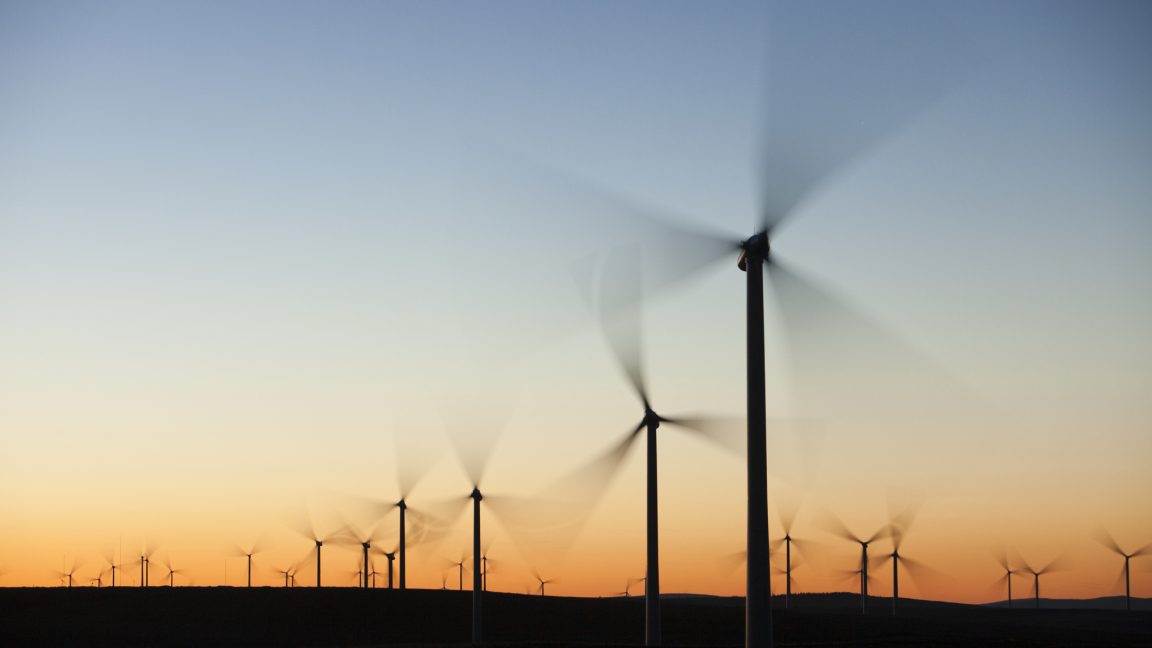
"Academic work on the question of anti-wind farm activism is revealing a pattern: Conspiracy thinking is a stronger predictor of opposition than age, gender, education, or political leaning. In Germany, the academic Kevin Winter and colleagues found that belief in conspiracies had many times more influence on wind opposition than any demographic factor. Worryingly, presenting opponents with facts was not particularly successful."
"In a more recent article, based on surveys in the US, UK, and Australia that looked at people's propensity to give credence to conspiracy theories, Winter and colleagues argued that opposition is "rooted in people's worldviews." If you think climate change is a hoax or a beat-up by hysterical eco-doomers, you're going to be easily persuaded that wind turbines are poisoning groundwater, causing blackouts, or, in Trump's words, " driving [the whales] loco.""
"Wind farms are fertile ground for such theories. They are highly visible symbols of climate policy, and complex enough to be mysterious to non-specialists. A row of wind turbines can become a target for fears about modernity, energy security, or government control. This, say Winter and colleagues, "poses a challenge for communicators and institutions committed to accelerating the energy transition." It's harder to take on an entire worldview than to correct a few made-up talking points."
Conspiracy thinking predicts opposition to wind farms far more than demographic factors like age, gender, education, or political leaning. Presenting factual corrections rarely changes opponents' views. Worldviews that deny climate change or distrust modern environmentalism predispose people to accept claims that turbines poison groundwater, cause blackouts, or harm wildlife. Wind farms act as visible symbols of climate policy and invite fears about modernity, energy security, and government control. Such worldview-rooted resistance challenges communicators. A deeper dynamic of anti-reflexivity causes refusal to acknowledge environmental costs of fossil-fuel prosperity and resistance to solutions beyond more technology.
Read at Ars Technica
Unable to calculate read time
Collection
[
|
...
]